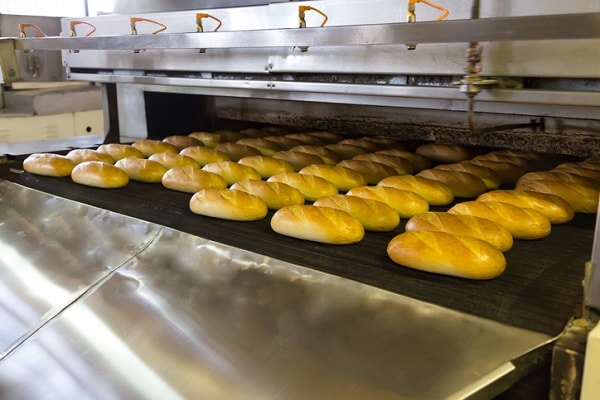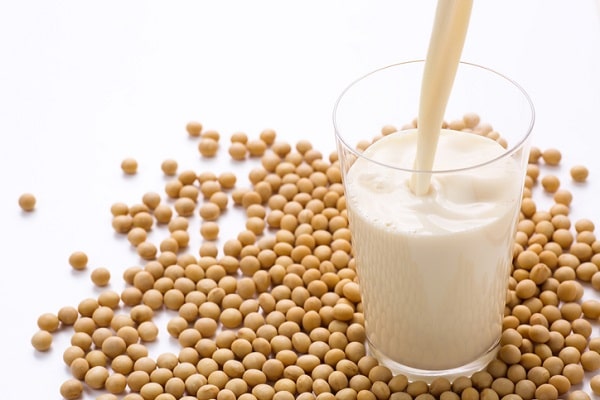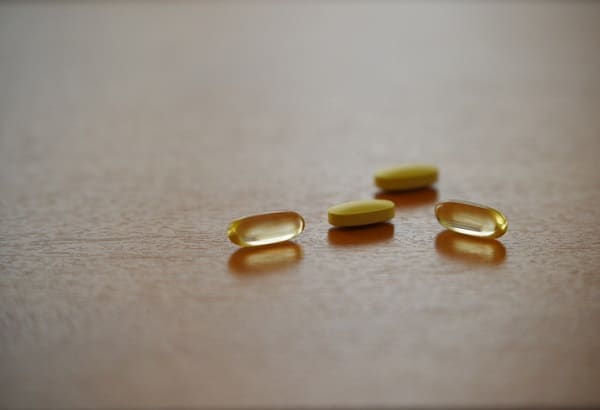
Enzymes are something many people do not think about, but they are interacting and reacting in organisms all the time. They are produced naturally in animals and plants,and they play an important role in many biochemical processes that we rely on to get nutrients every day. What does this have to do with food handling?
The history and development of how enzymes are used in the production and processing of food has been an important component of manufacturing in the food industry. For example, to create some household staples, such as cheese or bread, enzymes from other animals, plants, or microorganisms like yeasts, are necessary.
Keep reading to learn more about why enzymes are a big part of food handling.
The Definition and Classification of Enzymes
As defined by Health Canada, “enzymes are proteins that act as catalysts in all living organisms – microorganisms, plants, animals, and humans.”A common enzyme that many are familiar with is lactase. Some bodies produce this enzyme naturally, while other people may take it in pill form to help them digest dairy products. The way that enzymes are categorized is by:
- The type of reaction they catalyze
- The substance (also known as the substrate) they react with to cause a biochemical reaction
Lactase is named for its substrate: lactose. Typically, this is the way that enzymes are named and identified. That is, an enzyme is understood in relation to its substrate. Lactace enzymes are considered to be important because they allow people to consume dairy products, which are a nutritional source of calcium.

Many people avoid dairy products and lactase, opting instead for alternative milks
Different Kinds of Enzymes
As indicated above, enzymes are crucial to letting your body digest food and do other things. For example, enzymes also play a role in destroying toxins in the body and helping to build muscles. Beyond the way enzymes are named, anyone interested in food quality assurance and quality control will find it useful to know the kinds of digestive enzyme reactions:
- Lipase reactions occur when enzymes act on lipids (i.e., fats and oils)
- Amylase reactions occur when enzymes act on starches or carbohydrates
- Protease reactions occur when enzymes act on amino acids
Each of these types of enzymes helps people digest food, which allows for nutrients to be properly absorbed by the body. Enzymes are also added to foods during processing.

If your body doesn’t produce an enzyme you need, it may be available in capsule or pill form
The Role and Regulation of Enzymes in Food Processing
Enzymes are not only crucial to digestion, but they are also a key element in food processing because they are catalysts. If you are interested in getting a food handling certificate, you will have the opportunity to learn about the physical, chemical, and enzymatic properties that influence foods during handling and processing.
The types of enzymes and how they may be used in food processing is regulated with good manufacturing practices. For example:
Pepsin
- Derived from porcine stomach
- Used for beers, cheeses, instant (pre-cooked) breakfast cereals, and some other products
Different cheeses may be produced with the help different enzymes
Pepsin, like another enzyme called rennet, is used to help curdle milk, which is an essential process in cheese making. This is how milk is turned into curds and whey. Other food products that require enzymes to be processed include simulated meats, breads, yogurt, and pasta, among many others.
What else can you learn in a food handling course in Toronto?
Contact the Academy of Applied Pharmaceutical Sciences to find out!



